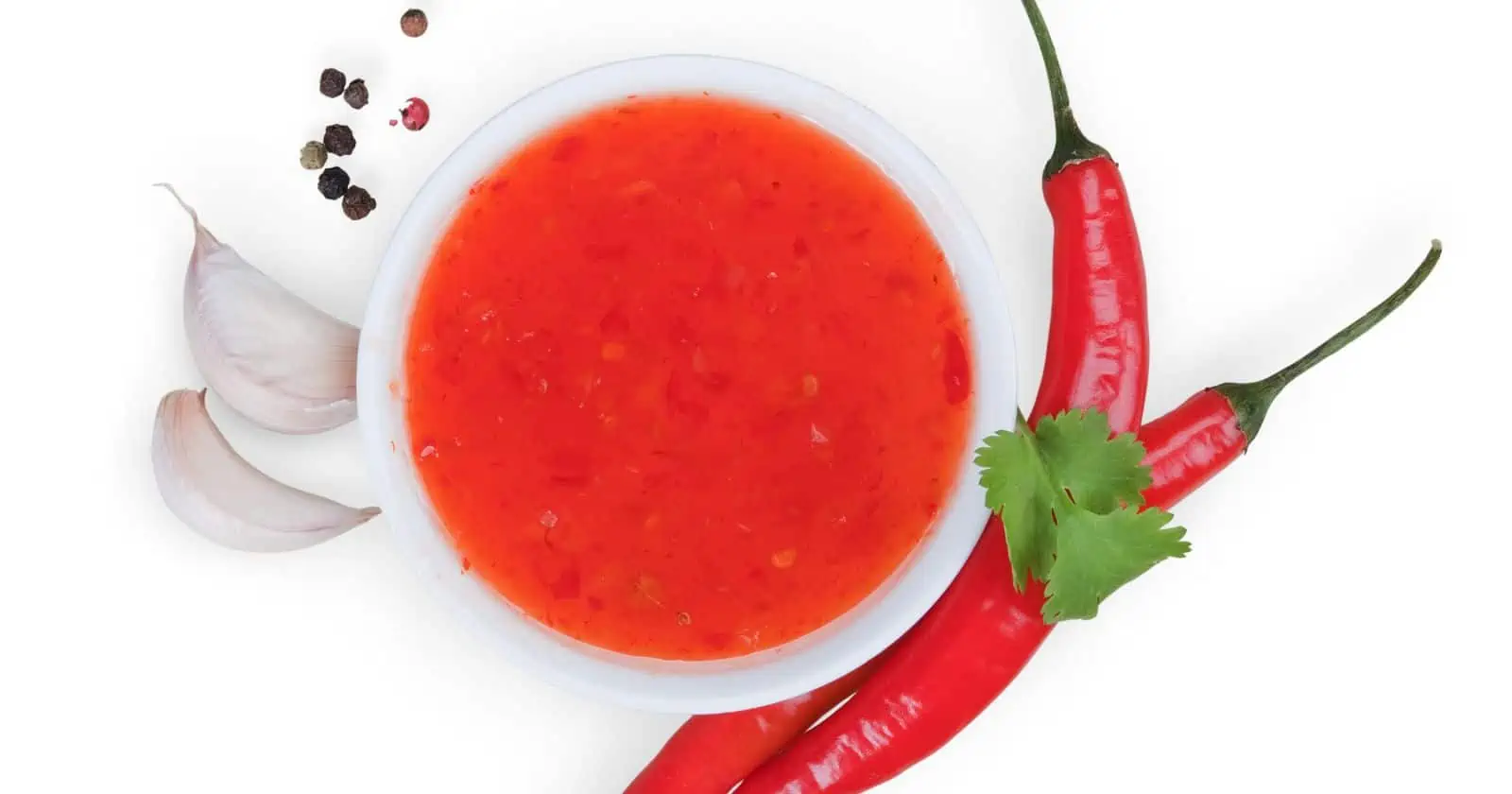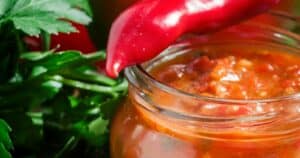Spicing up your food with hot sauce not only livens up the flavor, but it may also provide anti-inflammatory benefits. The capsaicin that gives hot peppers their fiery kick has been linked to reducing inflammation when consumed. For those managing chronic inflammatory conditions, this sounds enticing.
But before dousing everything in hot sauce, let’s look closer at the science. While studies show promise for capsaicin as an anti-inflammatory agent, the extent of benefits is still being researched. And some people may experience unpleasant side effects from overdoing the heat.
It’s also key to choose hot sauces without unhealthy additives that could counteract benefits. In the end, hot sauce alone won’t provide complete nutrition for fighting inflammation. But paired with an overall healthy diet, enjoying hot sauce in moderation may help move the needle when it comes to controlling inflammation.
The impact likely depends on the individual and specific health status too. As with any dietary change for health, it’s smart to talk to your doctor if you have specific inflammatory conditions. Harnessing the potential of hot sauce’s compounds while avoiding pitfalls takes thought. But a dash of fire could be worth trying against inflammation when used wisely.
Hot Sauce Contains Anti-Inflammatory Compounds
The key component of hot sauce responsible for anti-inflammatory effects is capsaicin.
Capsaicin is what makes hot chili peppers pungent. It’s concentrated in hot sauce, giving it that spicy burn.
Studies show capsaicin has anti-inflammatory and pain-relieving properties, likely due to influencing neurotransmitters in the body that regulate inflammation.
Specific ways capsaicin may fight inflammation:
- Reduces inflammatory marker levels
- Lowers cytokine production
- Decreases COX-2 enzymes
- Stabilizes cell membranes
Consuming hot peppers and capsaicin has been associated with lower risks of certain inflammation-related health conditions like heart disease, diabetes, and cancer.
So hot sauce, as a delivery method for capsaicin, holds promise for fighting inflammation when used properly. But there are some important caveats.
Anti-Inflammatory Benefits Are Still Being Studied
While early research on capsaicin is intriguing, more studies are still needed to understand its effects on inflammation fully.
- Mechanisms behind capsaicin’s effects require further research.
- Optimal dosing for anti-inflammatory benefits is still unknown.
- Existing studies use varying methods and metrics.
Also, most research focuses on isolated capsaicin, not hot sauce specifically. The effects of hot sauce itself when consumed regularly needs more direct study.
Risks and Side Effects of Hot Sauce
Some potential downsides of consuming large amounts of hot sauce:
- Digestive issues like stomach pain, cramps, acid reflux, and diarrhea
- Mouth and throat irritation, especially from ultra-hot sauces
- Skin irritation or contact dermatitis
- Danger of ill-effects when consumed in excess
Individual tolerance levels vary greatly. Those with sensitivities like acid reflux or IBS may be more prone to side effects.
Hot sauce alone is not a cure-all for inflammation. A healthy, balanced diet with exercise and lifestyle factors all play a role in managing inflammation holistically.
Choose Quality Hot Sauces Without Unhealthy Additives
To maximize potential anti-inflammatory benefits from hot sauce while minimizing risks:
- Select trusted, high-quality brands – Avoid cheap sauces with additives.
- Check the ingredients list – Some add inflammatory oils, sweeteners, preservatives.
- Look for artisan, small-batch options – These tend to use cleaner ingredients.
- Make your own – DIY hot sauce lets you control what goes in.
How to Use Hot Sauce for Anti-Inflammatory Effects
To safely obtain anti-inflammatory benefits from hot sauce:
- Consume in moderation – Limit intake to recommended serving sizes.
- Pair with healthy meals – Don’t drink or eat hot sauce alone.
- Start slowly – Allow your body to build tolerance gradually.
- Avoid on an empty stomach – Can irritate the digestive tract.
- Watch for reactions – Discontinue use if any negative symptoms occur.
Liven Up Anti-Inflammatory Foods and Recipes
Hot sauce can
- Vegetables – kale, broccoli, tomatoes, onions, mushrooms
- Fruits – pineapple, blueberries, strawberries
- Healthy proteins – salmon, chicken, turkey, beans, eggs
- Ancient grains – quinoa, amaranth
- Nuts and seeds – walnuts, flaxseed, almonds
- Anti-inflammatory spices – turmeric, ginger, garlic, cinnamon
Hot Sauce Hold Promise, But More Research Is Needed
Early studies on capsaicin are intriguing, but the anti-inflammatory benefits of hot sauce itself require more direct research. It’s unlikely hot sauce alone can “cure” inflammatory conditions.
However, enjoyed in moderation as part of an overall healthy lifestyle, hot sauce may potentially move the needle when it comes to fighting inflammation.
Be sure to choose high quality sauces free of additives. And monitor your body’s response. Discuss incorporating hot sauce with your doctor if managing a specific inflammatory illness.
While not a miracle cure, adding a dash of hot sauce may turn up the heat against inflammation when used wisely. Just don’t overdo the fire!





